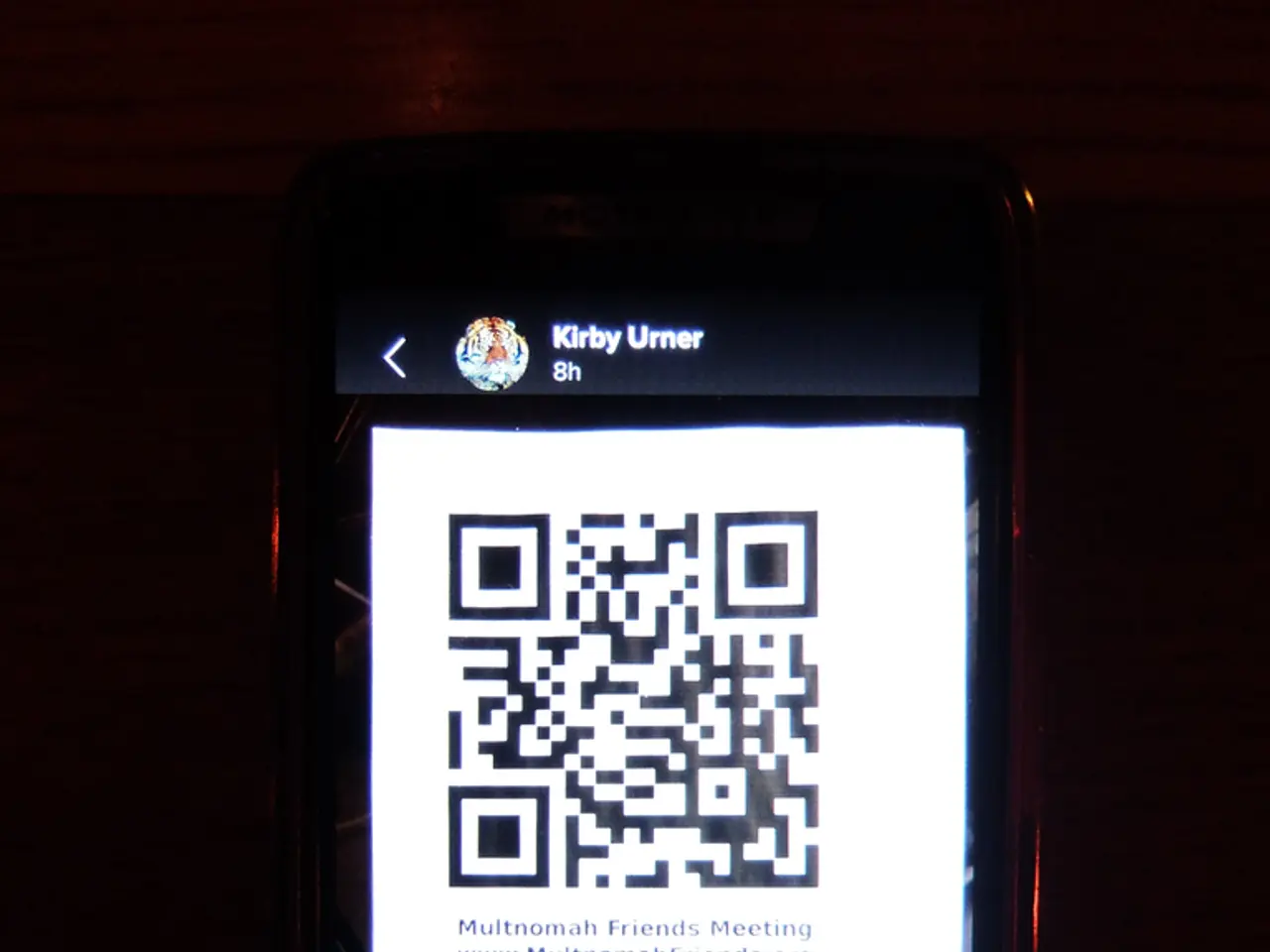Signal Threatens EU Exit Over Privacy Concerns
Signal, the encrypted messaging app, has warned it may exit the European market if forced to compromise its privacy guarantees. The company's CEO, Meredith Whittaker, has criticized EU plans for messengers to have backdoors, enabling automatic searching for criminal content. Signal maintains it will never weaken its end-to-end encryption.
Whittaker has expressed concerns about the use of AI agents like ChatGPT, which require extensive access permissions and can pose security risks. She has called for operating system manufacturers like Microsoft, Google, and Apple to implement opt-out options for these agents at the developer level to protect against spying.
The European Parliament has opposed the chat control plans, while the Council of Member States has a majority in favor. Germany's stance, however, remains unclear. The country's government is currently undecided and non-committal, with the Digital and Interior Ministries refraining from openly declaring a clear position. Historically, Germany has opposed automated scanning of encrypted communications and measures circumventing end-to-end encryption. The decisive stance of Germany, led by the CSU Interior Minister Alexander Dobrindt, is critical for whether the EU Council will adopt the chat control regulation. As of late 2025, Germany has neither fully supported nor outright blocked the proposal.
Signal's potential exit from the European market could have significant implications for user privacy. The outcome of the EU's chat control regulation hangs in the balance, awaiting Germany's definitive stance. The debate highlights the tension between public safety and digital privacy.
Read also:
- Web3 gaming platform, Pixelverse, debuts on Base and Farcaster networks
- Amazon customer duped over Nvidia RTX 5070 Ti purchase: shipped item replaced with suspicious white powder; PC hardware fan deceived, discovers salt instead of GPU core days after receiving defective RTX 5090.
- Infiltration of Estonian airspace by Russian military aircraft
- Cyber aggression intensifies by China-backed TA415 group, targeting Taiwan's semiconductor production and supply networks







